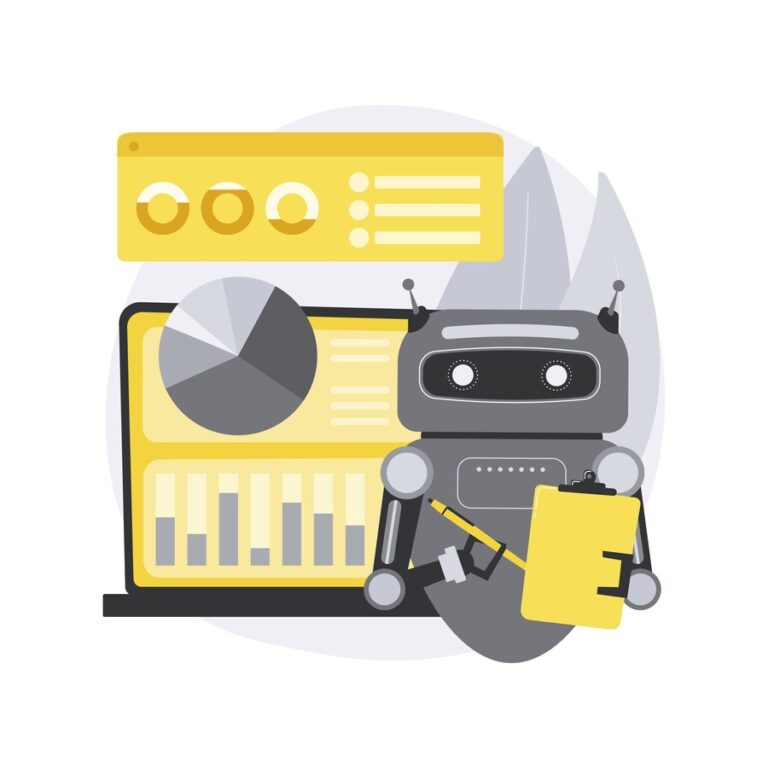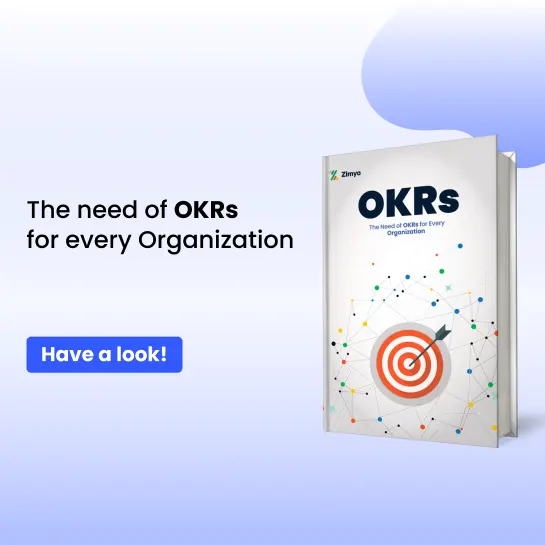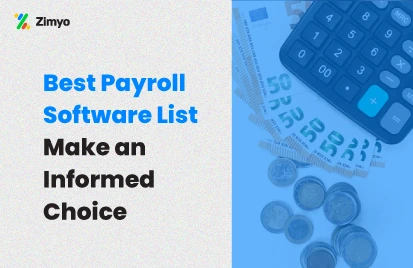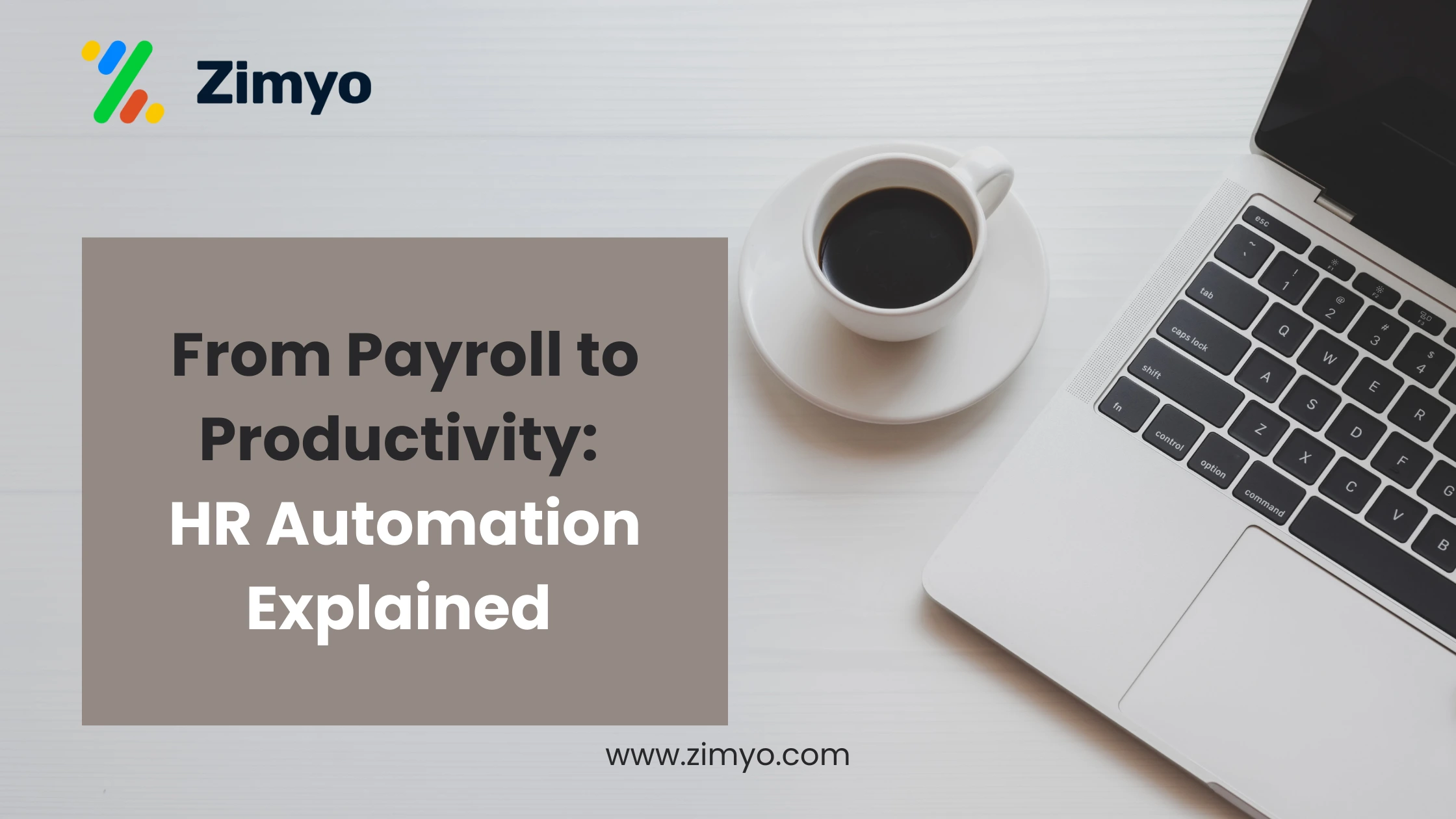What is payroll automation?
Payroll automation is a process that uses software to handle payroll tasks, such as calculating employee salaries, tax withholding, and benefits. The use of payroll automation can benefit businesses in many ways, making it an essential tool for modern organizations. In this blog post, we will discuss the benefits of payroll automation and why businesses should consider implementing it.

How to automate payroll?
As automation becomes increasingly prevalent in the business world, Human Resources departments are feeling the pressure to streamline operations and increase efficiency. This is particularly true for back-office tasks, such as procurement, reporting, and payroll, which are often repetitive and labor-intensive. The risk of human error in these tasks can be high, so businesses are looking to automate them.
While these tasks may be considered low-value, they can account for a significant portion of a company’s operating budget. EY estimates that between 20% and 60% of full-time employees, costs could be saved by automating such work.
Payroll is a particularly compelling candidate for robotic process automation (RPA). By automating payroll processing, businesses can save time, reduce errors, and free up staff to focus on more strategic tasks. However, setting up an effective RPA system requires careful consideration and planning.
In short, while there are clear benefits to automating back-office tasks, including payroll, it is important to approach automation strategically and thoughtfully to ensure its success.
Upgrade Today!
Benefits of automated payroll
Payroll is a critical function for any organization, and it involves calculating and processing employee payments, taxes, and other deductions. While it may seem like a straightforward process, managing payroll manually can be time-consuming and prone to errors. This is where automation comes in, and there are several reasons why payroll is suited to automation.
1. Increased efficiency
One of the primary benefits of automating payroll is increased efficiency. With automation, calculations can be done quickly and accurately, and the entire process can be streamlined to save time. This allows organizations to process payroll more quickly, freeing up time for HR and payroll staff to focus on other critical tasks.
2. Cost savings
Another advantage of payroll automation is expense management. By automating payroll, organizations can reduce the amount of time and resources needed to manage payroll, which can translate into significant cost savings over time. Additionally, automation can help minimize errors, resulting in costly penalties and legal issues.
3. Compliance
Compliance plays a crucial role in payroll management, and failure to comply with relevant laws and regulations can result in legal and financial consequences. Automating payroll can help ensure compliance calculating and withholding taxes and providing accurate records for audits and other compliance-related activities.
4. Data management
Payroll data can be complex, and managing it manually can be challenging. Automation can help simplify data management by centralizing all payroll data in one system, making it easier to track and analyze. This can help organizations make informed decisions based on real-time data and trends.
5. Improved employee experience
Finally, automation can help improve the employee experience. By providing accurate and timely payroll information, employees can have more confidence in their employer and feel more satisfied with their job. This can help increase employee retention and engagement, which can have a positive impact on the organization as a whole.
What are the disadvantages of a manual payroll system?
A manual payroll software is a system in which payroll calculations and processing are performed by hand, without the use of software or technology. While this system may have been sufficient in the past, it has several disadvantages that can have a significant impact on a business’s operations. Here are some of the key disadvantages of a manual payroll system:

1. Time-consuming
Manual payroll processing can be very time-consuming, especially for businesses with a large number of employees. Calculating each employee’s hours, overtime, and deductions by hand can take hours or even days, depending on the size of the workforce.
2. Prone to errors
Manual payroll systems are also more prone to errors than automated systems. Manual methods have a higher risk of calculation mistakes, which can result in incorrect paychecks, tax filings, and other payroll-related issues.
3. Lack of flexibility
Manual payroll systems are less flexible than automated ones. With a manual system, it can be challenging to make adjustments or changes to the payroll process quickly. For example, if a change is made to an employee’s tax status, it may take longer to update the system and adjust payroll calculations.
4. Security concerns
Manual payroll systems pose security risks, as employee information and payroll data are often stored in physical files or on paper. This data can be lost, stolen, or accessed by unauthorized individuals, potentially putting the business and its employees at risk.
5. Compliance challenges
Manual payroll systems can also create compliance challenges, particularly when it comes to tax laws and regulations. Keeping up with changes to tax laws and regulations can be challenging, and manual systems may only sometimes be able to keep up.
In summary, while manual payroll systems may have been suitable in the past, they have several disadvantages that can impact a business’s operations, efficiency, and compliance. Moving to an automated payroll system can help to address these issues and improve the overall payroll process.
Zimyo's automated payroll benefits
Zimyo offers a wide range of features in their software, including employee self-service, tax calculation, compliance management, and much more. Whether you are a small business or a large enterprise, Zimyo is the perfect payroll solution to help you manage your workforce more efficiently and effectively.
1. Statutory compliance
Reduce Payroll Tax Penalties by 98%!
Ensure compliance and reduce stress by entrusting us with your tax filing requirements, such as PF, ESIC, Professional tax, TDS, EDLI, etc.
- TDS Computation
- Secure and Centralized Data Management
- Professional Tax Deduction
- PF and ESIC Computation
2. Expense management
Settle Employee Expenses 5x Faster!
Simplify your expenses with Zimyo expense management software. Establish a reimbursement approval workflow that allows employees to make claims quickly and accurately.
- Submit expense claims
- Paperless Expense Management
- Manage multiple expenses
- Establish an Expense Approval Workflow
3. Payouts
Disburse Salaries in Minutes!
Calculate employee salaries without the hassle by syncing payroll with HR software for 100% accurate calculation, quick disbursement, and complete transparency.
- Accurately calculate salaries
- Configure compliance settings
- Build a positive company culture
4. Payroll automation
Run Payroll in 5 Simple Clicks!
Simplify your payroll process with Zimyo in just five clicks. We provide solutions for tax compliance updates, accurate expense management, and benefits administration.
- Run payroll in 5 clicks.
- Set fixed and variable earnings and deductions
- Deduct penalties
- Calculate arrears
5. Benefits management
Enhance Employee Satisfaction by 10X!
Provide attractive employee benefits to ensure employee satisfaction. Attract and retain top talent and cultivate a culture where employees feel valued.
- Earned Salary Advances
- Insurance Coverage
- Instant Personal Loans
- No documentation & instant approval
Evolve with Zimyo!
In conclusion
Payroll is an ideal function for automation due to its complexity, compliance requirements, and the potential for cost savings and increased efficiency. By automating payroll, organizations can streamline their payroll processes, reduce errors, and improve the overall employee experience.
Payroll automation offers numerous benefits for businesses, including time savings, cost reductions, improved compliance, increased employee satisfaction, and enhanced data security. As companies continue to face increasing pressure to streamline operations and reduce costs, payroll automation will become essential for achieving these goals. By embracing payroll automation, businesses can improve efficiency, reduce errors, and focus on their core competencies, enabling them to thrive in an ever-changing business landscape.







